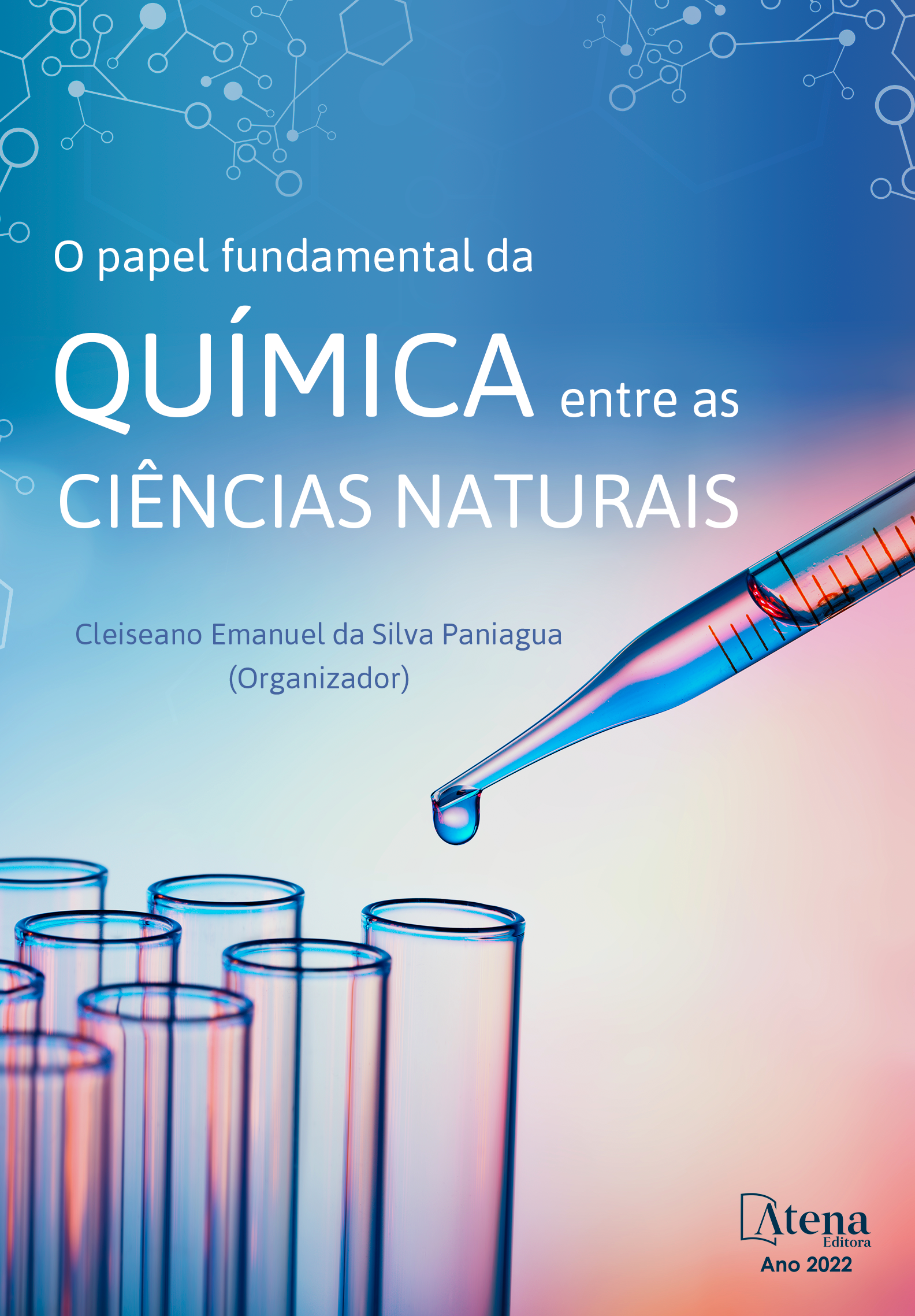
ENSINO DE QUÍMICA: INVESTIGAÇÃO DAS CONCEPÇÕES DE APRENDIZADO SEGUNDO A VISÃO DOS ALUNOS
Uma das principais razões que gera problemática no ensino da disciplina de química atualmente é a falta de conexão entre a vida cotidiana do aluno e o conhecimento químico. O aluno tem dificuldade em relacionar o que estuda na escola e o que ocorre na sua alimentação, vestuário, saúde, moradia, transporte, enfim, na sua vida. A química é uma ciência experimental, mas a metodologia utilizada por muitos professores dificulta o aprendizado, pois, muitos ainda trabalham de maneira tradicional, através de aulas expositivas, sem incrementar o estudo com aulas experimentais, recursos didáticos e diferentes alternativas que melhorem o aprendizado ou que podem proporcionar um maior interesse às aulas de química. Este trabalho tem como objetivo abordar a percepção do ensino de química no cotidiano do aluno, bem como avaliar o nível de dificuldade dos alunos em relação aos conteúdos presentes na matriz curricular, além de aplicar ações de intervenção no processo ensino/aprendizagem, de forma que a correlação dessa ciência com a vivência do aluno pudesse ser estreitada. Diante dos resultados obtidos, percebeu-se uma diferença considerável quanto ao nível de aprendizagem de muitos alunos e pôde-se perceber a importância de se colocar o aluno diante do experimento para uma melhor aprendizagem.
ENSINO DE QUÍMICA: INVESTIGAÇÃO DAS CONCEPÇÕES DE APRENDIZADO SEGUNDO A VISÃO DOS ALUNOS
-
DOI: 10.22533/at.ed.5062222025
-
Palavras-chave: Ensino de química, Dificuldades, Ensino Médio
-
Keywords: Teaching Chemistry, Difficulties, High School
-
Abstract:
Today, one of the main reasons that causes problems in teaching Chemistry is the absence of connection between the student's daily life and chemical knowledge. Students find it difficult to relate what they study at school and what happens in their food, clothing, health, housing, transport, in short, in their life. Chemistry is an experimental science, but the methodology used by many teachers makes learning difficult, as many still work in a traditional way, through lectures, without increasing the study with experimental classes, teaching resources and different alternatives that improve learning or that can add interest to chemistry classes. This work aims to address the perception of teaching chemistry in the student's daily life, as well as to assess the level of difficulty of students in relation to the contents present in the curriculum, in addition to applying intervention actions in the teaching/learning process, so that the correlation of this science with the student's experience could be narrowed. The results obtained show a considerable difference in the level of learning of many students and it was possible to perceive the importance of introducing the student in practical experiments for a better learning.
-
Número de páginas: 15
- Cristiana Resende Marcelo
- Hauster Maximiler Campos de Paula
- Alan Stampini Benhame de Castro


